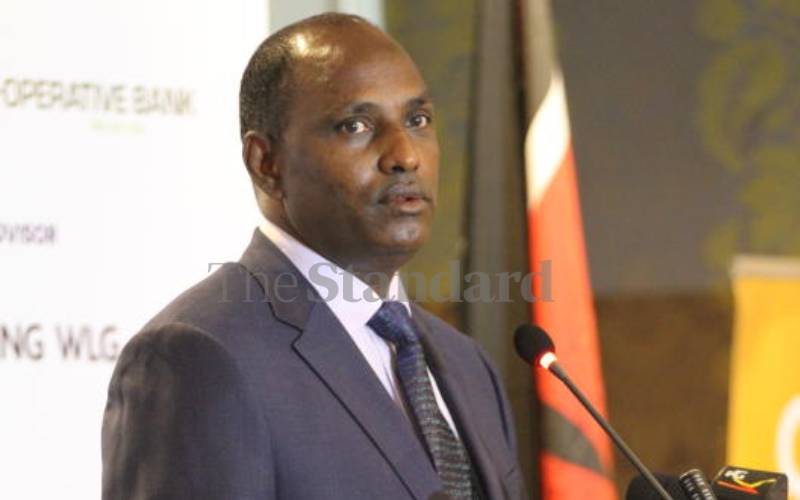×
The Standard e-Paper
Home To Bold Columnists

National Treasury Cabinet Secretary Ukur Yatani will borrow a staggering Sh1.63 trillion to help finance the Budget in the next financial year.
Kenya is expected to spend Sh3.63 trillion in the 2021-22 financial year that starts in July.







